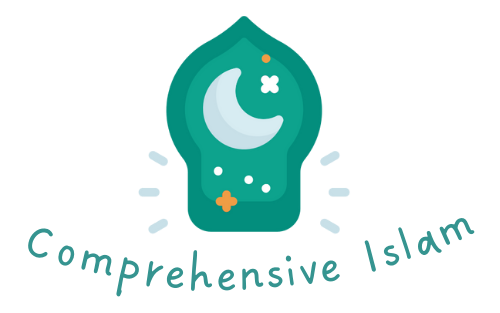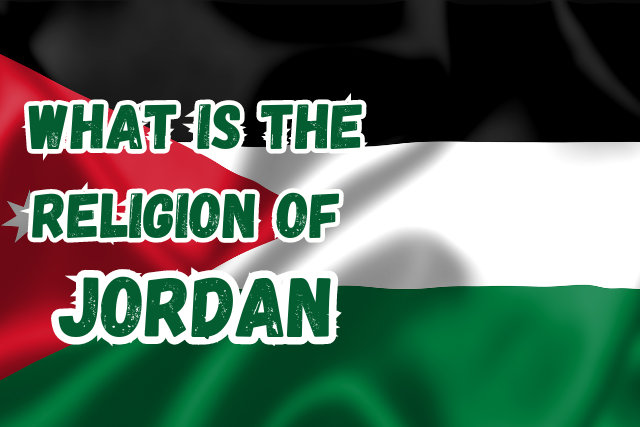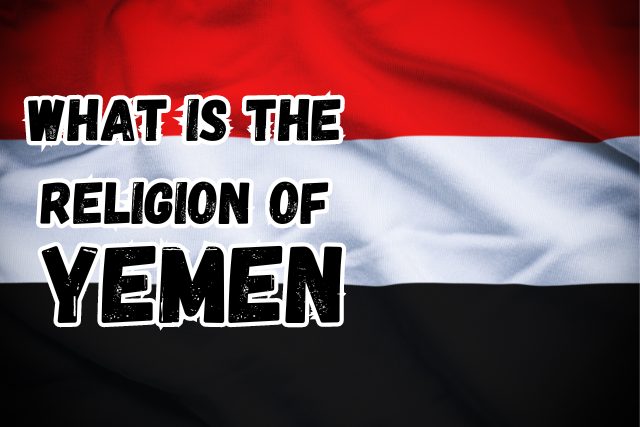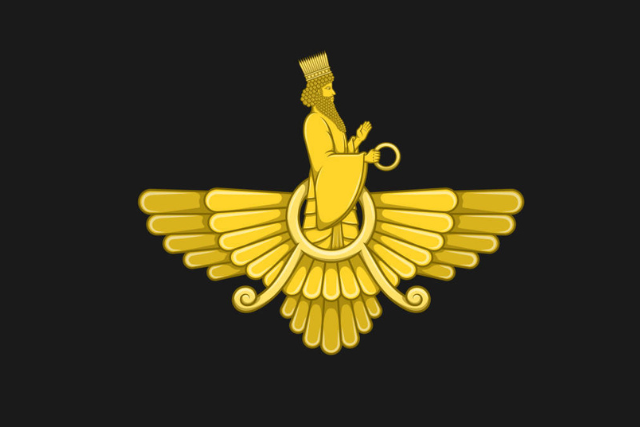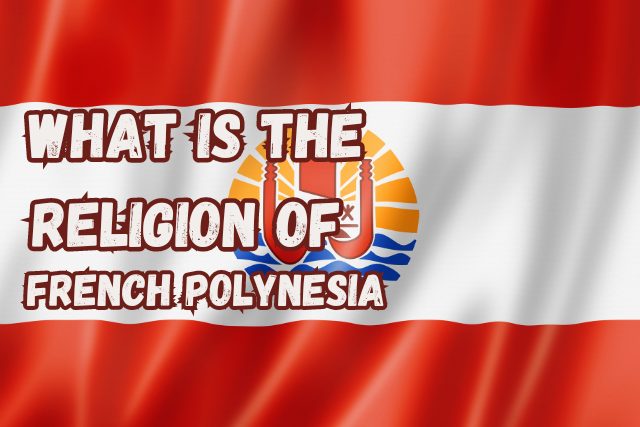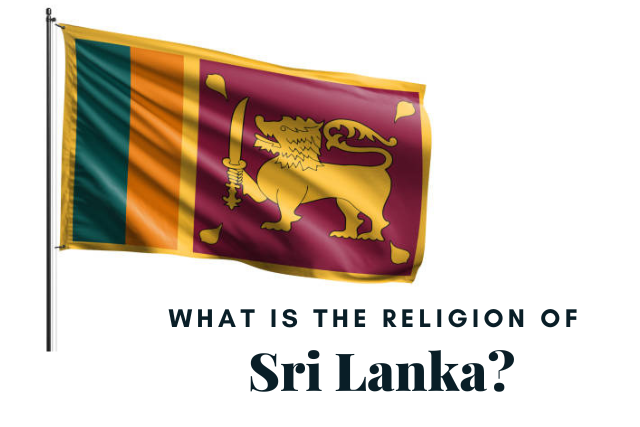What is the Religion of Canada? Unveiling a Multicultural Mix
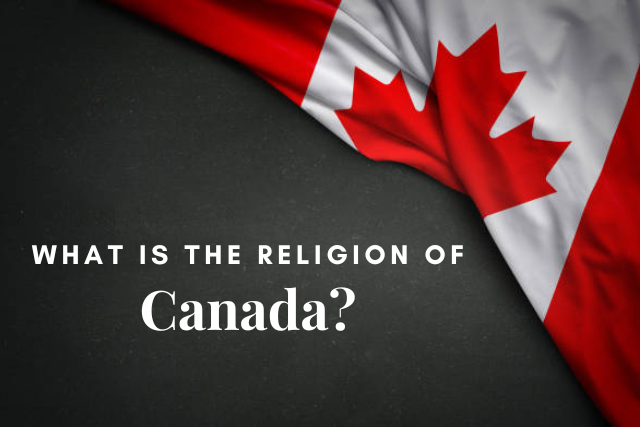
Ever thought about what is the religion of canada? Well, brace yourself because Canada’s religious scene is like a big mix of different beliefs, not just one.
Christianity might be the most familiar face, with Catholicism leading the pack. But here’s the twist: a growing number of Canadians don’t identify with any religion at all. On top of that, Islam, Hinduism, Sikhism, Buddhism, and Judaism all add their beautiful colors to the picture.
Curious? Let’s delve in and see how Canada ended up with such a diverse mix of religions!
What is the Religion of Canada?
Canada doesn’t have an official religion. However, Christianity is the most common religion in Canada, with Catholicism being the most popular Christian denomination. There is also a growing number of people in Canada who are not affiliated with any religion. Plus, there are also significant numbers of people who follow Islam, Hinduism, Sikhism, Buddhism, and Judaism.
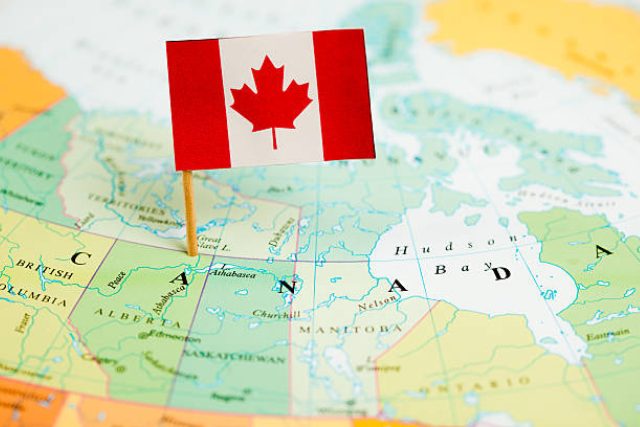
The story of religion in Canada starts with European explorers arriving in the 1500s. French settlers brought Catholicism with them, while British folks introduced various Protestant denominations. These early influences continue to shape the religious landscape today, with Catholicism being the most common Christian faith, followed by Protestantism.
Christianity In Canada
The story of religion in Canada is intertwined with its colonial past. French settlers brought Catholicism to Eastern Canada in the 17th century, while British colonists introduced various Protestant denominations in the following decades. This early influence established Christianity as the dominant religion for much of Canadian history.
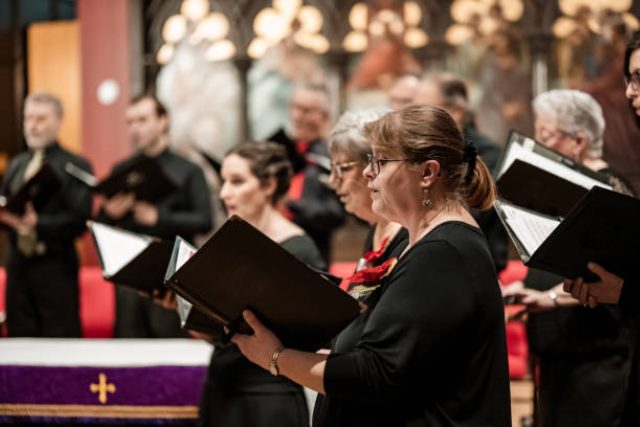
Catholicism remains the largest single denomination, with a strong presence in Quebec. Protestantism, encompassing denominations like Anglican, United Church, and Baptist faiths, has also played a significant role in shaping Canadian society. The influence of Christianity is evident in historical landmarks, social values, and the ongoing debates on issues like same-sex marriage and abortion.
Non-Affiliation In Canada
In recent decades, Canada has witnessed a significant shift in religious affiliation. The 2021 census revealed that 34.6% of Canadians identify as having no religion. This growing trend of non-religiousness is particularly notable among younger generations, reflecting a changing social landscape and a move towards secularism.

Several factors have contributed to this rise in the non-religious population. Increased immigration from countries with diverse religious traditions or no dominant faith has played a role. Additionally, growing scientific literacy and a focus on individual values have led some Canadians to question traditional religious doctrines.
This shift doesn’t necessarily signify a decline in spirituality. Many Canadians who identify as non-religious may still hold personal beliefs or engage in spiritual practices outside the confines of organized religion.
Non-Affiliation In Canada
Even though Christianity isn’t as dominant as it used to be, Canada is still a land rich in religious diversity. Immigration has played a huge role in creating this beautiful mix. After World War II, Canada opened its doors to people from all over the world, bringing a vibrant array of faiths like Islam, Hinduism, Sikhism, Buddhism, and Judaism.
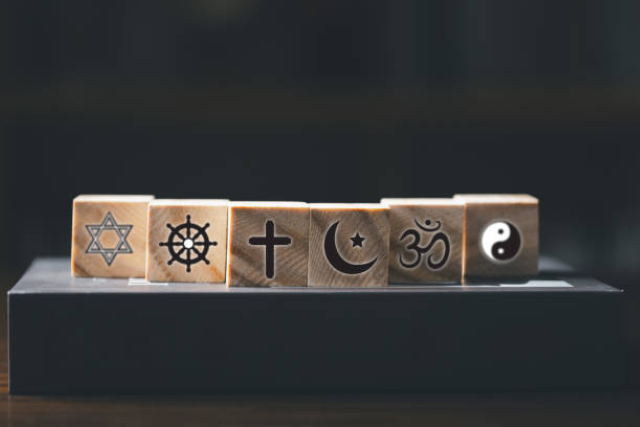
- Islam: Canada has the third-highest Muslim population among Western countries. Muslims are a valuable part of Canadian society, with mosques and Islamic centers becoming a familiar sight across the country.
- Hinduism: Hinduism is the religion growing the fastest in Canada, reflecting the many immigrants who have come from India and other South Asian countries. Hindu temples and community centers are flourishing, adding to the nation’s cultural richness.
- Sikhism: Canada boasts the second-largest Sikh population outside of India. Sikh temples, known as gurdwaras, are places of worship and community life for Sikhs in Canada.
- Buddhism: Buddhism’s focus on mindfulness and meditation has resonated with many Canadians. Buddhist temples and meditation centers are becoming increasingly common, offering opportunities for people to explore their spirituality.
- Judaism: Canada has a well-established Jewish community with a rich history dating back to the 1700s. Synagogues and Jewish cultural centers play a vital role in preserving Jewish heritage and traditions.
The Spiritual Traditions of Indigenous Peoples
Our exploration of faith in Canada would be incomplete without acknowledging the rich tapestry of Indigenous spiritual traditions. These traditions, passed down through generations through oral storytelling and ceremonies, are deeply connected to the land. Indigenous spirituality emphasizes respect for all living things, from the towering trees to the smallest insects.
Many Indigenous communities view the world as a circle, where humans are just one interconnected part. Ceremonies like the Sun Dance and the Pow Wow are expressions of gratitude to the Creator and a celebration of the interconnectedness of all things. Unfortunately, residential schools and other colonial policies sought to dismantle Indigenous spiritual practices. However, there’s a growing movement of cultural revitalization, with Indigenous communities reclaiming their traditions and sharing them with future generations.
FAQs About What is the Religion of Canada
What’s the main religion in Canada?
For a long time, Christianity has been the big religion in Canada. Even now, lots of people (about 63.2%, according to the 2021 census) call themselves Christian. But Canada’s religious mix is getting more diverse, with more folks saying they’re not religious and other religions like Islam, Hinduism, Sikhism, Buddhism, and Judaism growing.
Is Christianity a religion in Canada?
Yes, definitely! Christianity is still a big religion in Canada. There are different groups, like Catholics and Protestants, and you can find churches and places where Christians come together all over the country. People also celebrate Christian holidays like Christmas and Easter.
How many Canadians believe in God?
It’s hard to say exactly, but with about 63.2% of Canadians identifying as Christian and some following other faiths, it seems like a lot of Canadians believe in some kind of higher power. But more and more people (about 34.6%) are saying they don’t have a religion, showing that things are changing.
What’s the religion that’s growing the fastest worldwide?
Islam is often seen as the religion that’s growing the quickest around the world. But it depends on where you look and how you measure it. Christianity is also getting bigger, especially in places like Africa.
Conclusion
In conclusion, Canada’s religious journey is one of transformation and inclusivity. From its Christian beginnings to the diverse mix of faiths that define it today, Canada’s religious landscape reflects the nation’s commitment to freedom of religion and multiculturalism. As Canada moves forward, it does so with an unwavering dedication to embracing diversity and fostering an inclusive society where everyone can thrive. As Canada continues to embrace its cultural richness, it stands as a beacon of diversity and inclusion, much like its neighbor Mexico.
